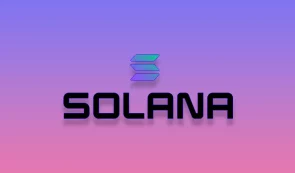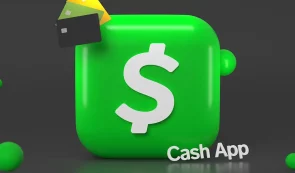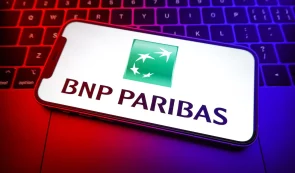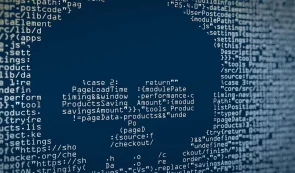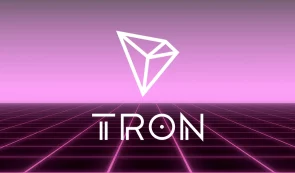CBDC: U.S. Banks Team up to Develop the Digital Dollar

Several major financial service companies have teamed up with the New York Federal Reserve to announce a 12-week digital dollar program.
A group of banking institutions – including HBSC, Mastercard, Citi, BNY Mellon, PNC Bank, U.S. Bank and Wells Fargo – announced the launch of a digital money platform called the Regulated Liability Network (RLN) on Tuesday.
The program aims to explore the feasibility of “an interoperable network of wholesale central bank digital money and commercial bank digital money operating on a shared distributed ledger with multiple entities“.
“NYIC looks forward to collaborating with members of the banking community to advance research on asset tokenization and the future of financial market infrastructures in the U.S. as money and banking evolve” said NYIC Director Per von Zelowitz.
The RLN, which is based on the Proof-of-Concept (PoC) algorithm, will test the “technical feasibility, legal viability and business applicability” of DLT, as well as simulate tokens and explore regulatory frameworks. The New York Fed said the project “could potentially be expanded to multi-currency and regulated stablecoin operations.”
The group said the RLN would run for twelve weeks and would be used only in U.S. dollars. Participants will issue simulated digital tokens representing customer deposits and make payments using simulated central bank reserves on a shared blockchain.
READ MORE: Google Cloud to Launch Service for Ethereum Developers
“This project will be conducted in a test environment and will only use simulated data,” the group notes. “It is not intended to contribute to a specific policy outcome, nor to signal that the Federal Reserve will make any recent decisions about the appropriateness of retail or wholesale CBDC issuance, nor how it will necessarily be designed.”
The United States will not be the first to try to develop a national digital currency. China has already begun work on a digital yuan. In September, Australia moved forward with its digital dollar pilot project using a private, enterprise-class version of Ethereum known as Quorum.
Federal regulators in the U.S. have not reached a consensus on whether to launch a digital dollar in the country, but agencies and those in the private sector are exploring the possibility. After U.S. President Joe Biden issued an executive order aimed at creating a framework for digital assets, some lawmakers have questioned what Congress’s role might be in passing legislation to support CBDC and how a digital dollar might limit such private-sector innovation.


